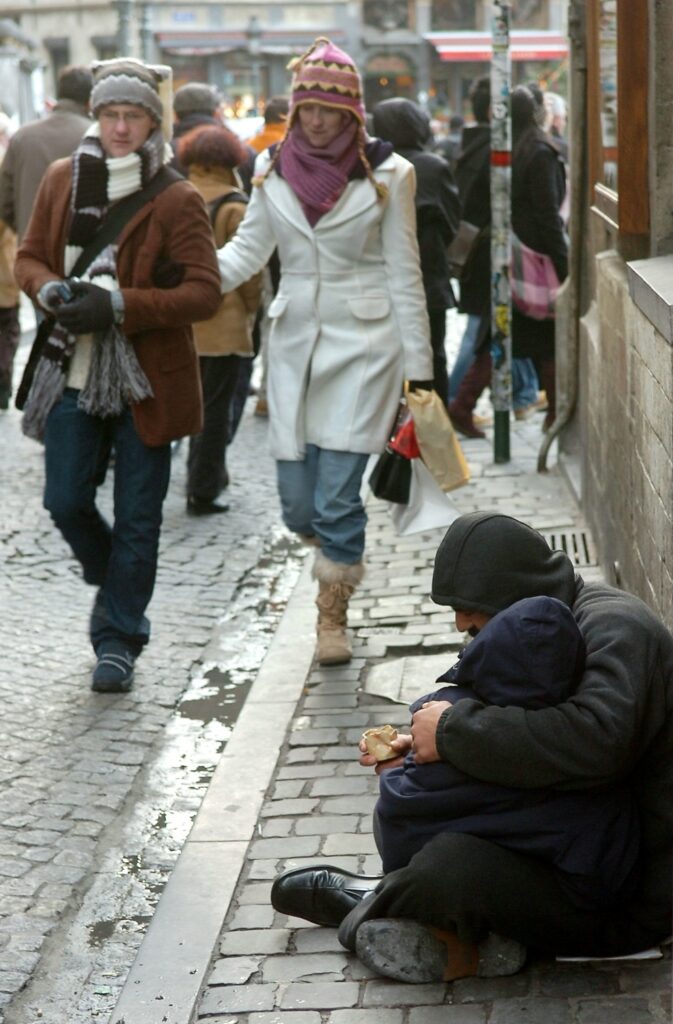Flanders has 19,547 homeless persons, according to the first census of its kind, presented on Thursday in Leuven.
The headcount, conducted by researchers from KU Leuven and UCLouvain universities, along with the King Baudouin Foundation, has come up with its fair share of alarming figures. Over a quarter of the homeless - 5,707 persons - are children. About 41% of all homeless or inadequately housed individuals are under 30. And one in three are women.
The survey’s definition of homelessness and inadequate housing extends beyond street sleepers. It includes people living in squats, residing in emergency shelters or other accommodation initiatives, at risk of eviction, or staying with friends or family.
The apparent high number of homeless or poorly housed children is “particularly worrisome,” says KU Leuven researcher Koen Hermans. “These children grow up in precariousness and uncertainty,” he adds.
This concern is echoed by Flemish Youth Minister Benjamin Dalle. “Every single person who is homeless or poorly housed is one too many, but the impact is even more detrimental to young people and children,” he notes.
The youth minister has set an ambitious goal: ending homelessness by 2030.
A survey of homelessness in Brussels and Wallonia will be available in March 2024. When combined with the statistics unveiled on Thursday, it will present an overall view of homelessness in Belgium, says UCLouvain researcher Martin Wagener.

